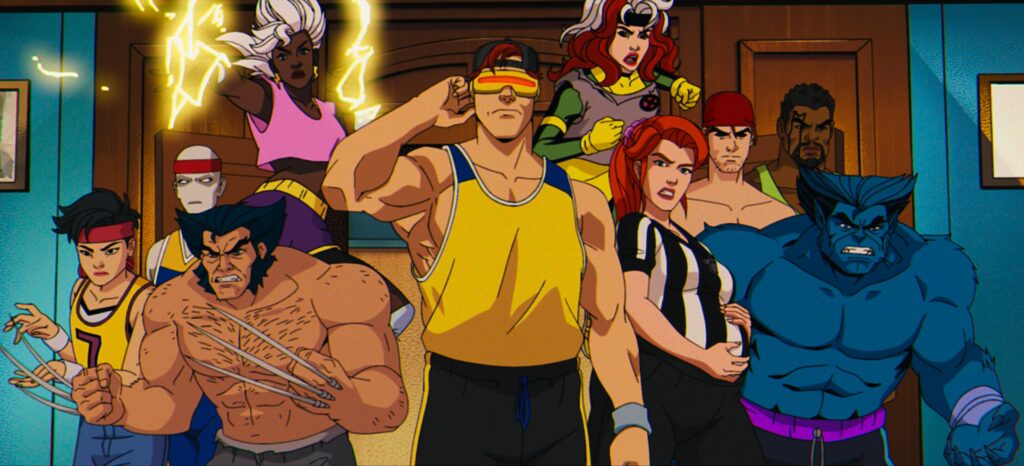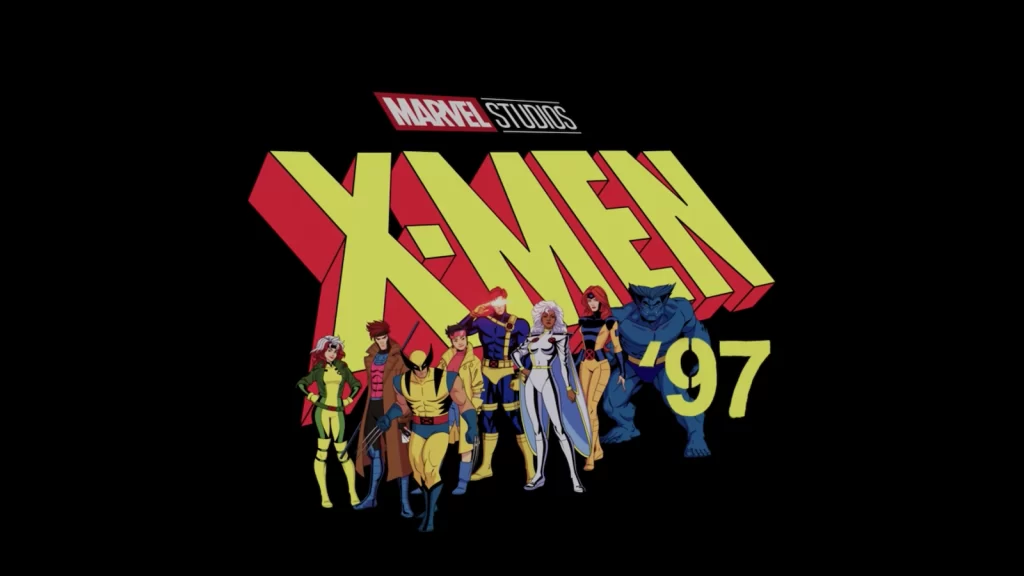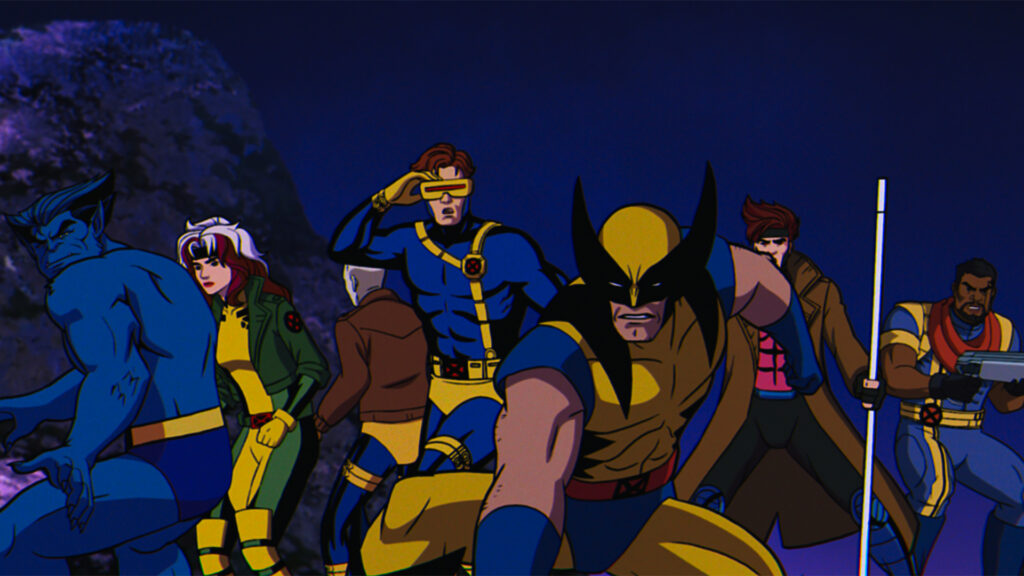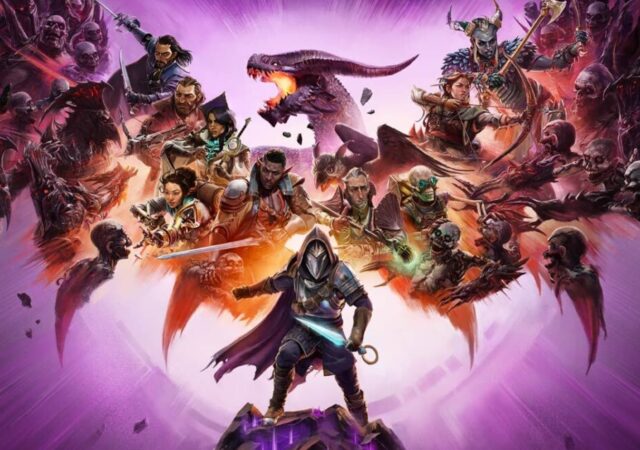In a world oversaturated with comic book adaptations and reboots, it’s easy to approach a project like X-Men ’97 with a healthy dose of skepticism. After all, the original X-Men: The Animated Series, which ran from 1992 to 1997, left an indelible mark on a generation of fans, introducing many to the complex and captivating world of Marvel’s mutants. Over two decades later, the prospect of a continuation could easily have been dismissed as a cynical cash grab, an attempt to capitalize on nostalgia without bringing anything new.
Thankfully, X-Men ’97 defies these expectations, delivering a thrilling, emotionally resonant, and beautifully crafted first season that honors the legacy of its predecessor and charts its path forward. From the first episode, it’s clear that the creative team behind this series has a deep understanding of and respect for the source material and a genuine desire to explore the rich tapestry of the X-Men mythos in new and exciting ways.
One of the most striking aspects of X-Men ’97 is its willingness to embrace the complex, often messy, and deeply human relationships that have always been at the heart of the best X-Men stories. The series picks up where the original left off, with Charles Xavier’s death leaving a power vacuum that Magneto, his former friend and rival, steps in to fill. This setup alone is rife with dramatic potential, and the show wastes no time exploring this seismic leadership shift’s fallout.
Magneto’s journey from villain to reluctant hero is one of the season’s most compelling arcs as he grapples with the weight of Xavier’s legacy and his tumultuous history with the X-Men. The writing and voice acting bring a level of nuance and depth to the character that was often lacking in his earlier animated incarnations, painting a portrait of a man haunted by his past and struggling to forge a new path forward.

However, Magneto is far from the only character given room to grow and evolve throughout the season. One of X-Men ’97’s greatest strengths is its commitment to providing each member of its sprawling ensemble cast their moment in the spotlight. From Cyclops’ journey as a leader and father to Rogue’s battle with her powers and desires, every character is treated with the respect and attention they deserve.
This is particularly evident in the show’s handling of its female characters, who are given equal agency, complexity, and power. Jean Grey and Storm’s sisterly bond is a highlight as the two women navigate their insecurities and traumas while serving as pillars of strength for the team. Even more minor roles, like Jubilee’s, are given weight and significance, with her relationship with Sunspot adding an unexpected layer of depth to both characters.
Of course, this, being an X-Men story, balances the interpersonal drama with plenty of high-stakes action and adventure.
The series pulls from some of the most iconic storylines in the comics, from the “Trial of Magneto” to “Days of Future Past,” but always manages to put its spin on these familiar tales.
The creative use of mutant powers is a consistent delight, with the animators and writers having a blast coming up with new and inventive ways for the characters to use their abilities.
The animation is a stunning achievement, striking a perfect balance between the iconic style of the original series and a more modern, dynamic approach. The character designs are instantly recognizable but subtly updated, while the action sequences are fluid, fast-paced, and thrilling. Special mention must be made of the jaw-dropping moment when Storm transforms an entire desert into a sea of glass – a visual feat that left me slack-jawed and giddy.
But even with all the spectacle and superheroes, X-Men ’97 always retains sight of the core themes that have always made the X-Men such a potent and relevant metaphor. The show tackles issues of prejudice, bigotry, and oppression head-on, refusing to shy away from the political and social commentary that has been baked into the DNA of the franchise since its inception. In a world where hate and division are rising, the X-Men’s message of unity, acceptance, and the power of diversity feels more necessary than ever.
This is not to say that the season is without its flaws. The pacing can sometimes be a bit breakneck, with certain storylines and character arcs feeling rushed or compressed. And while the dialogue’s commitment to capturing the comics’ dramatic, slightly heightened tone is admirable, there are moments when it can veer into cheesiness or feel a bit dated.
But these are minor quibbles in the face of everything that X-Men ’97 gets so wonderfully, thrillingly right. From the pitch-perfect voice casting (with many original actors reprising their roles) to the lush orchestral score that evokes the classic theme while bringing something new, every production element feels crafted with care and reverence for the source material.
Perhaps most importantly, X-Men ’97 understands that the true power of the X-Men lies not in their abilities but in their humanity. These characters have been persecuted, ostracized, and feared for simply being who they are—a powerful metaphor for the experiences of marginalized communities throughout history. The show taps into something profound and deeply moving by centering their struggles, triumphs, and unbreakable bonds of friendship and family.

In the end, X-Men ’97 is not just a continuation of a beloved series but a testament to the enduring power and relevance of these characters and their stories. It’s a show that embraces the past while boldly forging ahead into the future, unafraid to take risks and challenge its audience. As a lifelong fan of the X-Men, I found myself consistently surprised, delighted and moved by what I saw on screen.
So, to answer the question posed at the beginning of this review: yes, X-Men ’97 is more than just a cash grab or a nostalgia trip. It’s a vital, exhilarating, and profoundly heartfelt addition to the X-Men legacy, one that I have no doubt will inspire and captivate a whole new generation of fans. In a world where the future often seems bleak and uncertain, X-Men ’97 reminds us that as long as there are those willing to fight for justice, equality, and the inherent worth of every individual, there will always be hope.
It’s a message that feels more timely and necessary than ever, and I, for one, am deeply grateful that the X-Men are back to deliver it. Here’s hoping this is just the beginning of a long and thrilling new chapter in the story of Marvel’s merry mutants –
a story that, if X-Men ’97 is any indication, is far from over.
As the season drew close, I eagerly anticipated what would come next. The stage has been set for even more drama, action, and heart, and I do not doubt that the creative team behind this series will continue to deliver. If there’s one thing that X-Men ’97 has proven beyond a shadow of a doubt, it’s that the X-Men are indeed in excellent hands.
The X-Men stand as a beacon of hope and unity in a world that often feels divided and broken. They are a family, bound not by blood but by shared purpose and an unshakeable belief in the power of compassion, empathy, and understanding. And in X-Men ’97, that family has never been stronger, more vibrant, or more vital.
So, whether you’re a die-hard fan or a curious newcomer, I urge you to give this series a chance. It’s a wild, thrilling, and profoundly moving ride – one that I have no doubt will leave you as excited and inspired as it left me. The X-Men have always been at their best when they’re fighting not just for themselves but for a better tomorrow – and in X-Men ’97, that fight has never felt more necessary or more exhilarating.
The season finale, in particular, is a stunning achievement. It combines the various season threads into a cohesive and deeply satisfying whole. Without venturing into spoiler territory, the final episode delivers on both an emotional and visceral level, with moments of heart-wrenching tragedy balanced out by fist-pumping triumphs.
X-Men ’97 manages to feel both comfortingly familiar and bracingly new. It’s a delicate balancing act that the series pulls off with aplomb.
In the end, X-Men ’97 is more than just a fantastic animated series – it’s a powerful reminder of the enduring appeal and relevance of these characters and their stories. In a world that can often feel fractured and divided, the X-Men stand as a shining example of what can be achieved when we embrace our differences and stand united in the face of hatred and bigotry.

It’s a message that feels more urgent and necessary than ever, and I can only hope that X-Men ’97 is just the beginning of a new era for the franchise – one that continues to inspire, challenge, and move us in equal measure.
So, thank you to the creative team behind this series for your hard work, dedication, and evident love for these characters and their world.
You have crafted something extraordinary—a series that honors the legacy of what came before and charts a bold and exciting course for the future.
And to my fellow X-Men fans, I say this: rejoice. Our beloved mutants are back, and they’ve never been better. X-Men ’97 is a triumph on every level – a series that reminds us why we fell in love with these characters in the first place and that will no doubt inspire a whole new generation of fans to do the same.
As the credits rolled on the final episode, I was overcome with profound gratitude and excitement. I am grateful for the incredible work done by everyone involved in bringing this series to life and the enthusiasm for the future. If X-Men ’97 is any indication, that future is looking very bright indeed – not just for the X-Men but for all of us who believe in the power of storytelling to inspire, unite, and transform.
So, here’s to the X-Men—may they continue to fight the good fight, both on screen and in the hearts and minds of fans worldwide. And let’s celebrate X-Men ’97, a breathtaking accomplishment that reminds us how potent and timeless these tales can be. Long may they reign.






















